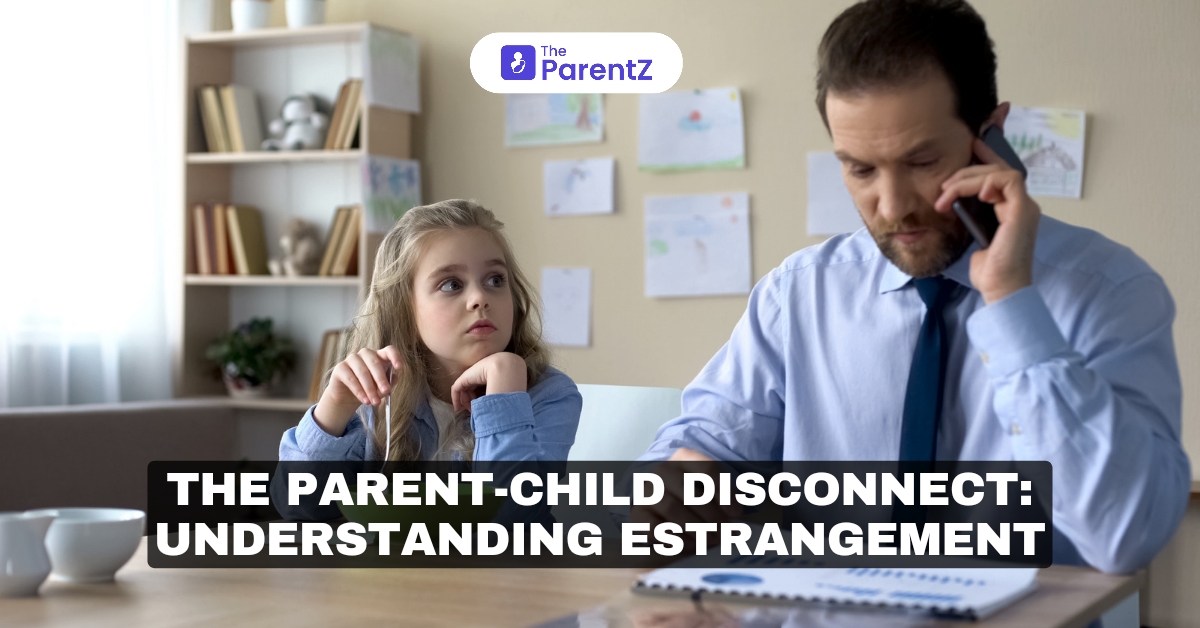In today's world, it's increasingly common to hear stories of estrangement from parents. This phenomenon, often stemming from deep-seated emotional wounds, has become a significant issue for many families. As children become more self-aware, they are often confronted with childhood traumas, injustices, and difficult experiences that have shaped their lives. This newfound understanding can sometimes lead to a disconnect from their parents, whom they perceive as the root of these problems.
However, it's important to remember that estrangement is a complicated issue with numerous factors at play. While parents may bear some responsibility, it's not always their fault. Blaming each other is counterproductive and can further damage the relationship. Instead, what's needed is a mutual understanding and acknowledgment of the pain that may or may not have been caused.
The Roots of Estrangement
Estrangement from parents typically arises when adult children feel that their upbringing has been marred by trauma, neglect, or emotional abuse. Research indicates that many adult children cite emotional abuse as a significant reason for cutting ties with their parents. This disconnect can be a response to the perceived injustices of their childhood, where children recognize patterns of behavior in their parents that they wish to avoid replicating in their own lives.
Additionally, generational trauma plays a crucial role in this phenomenon. Parents may carry their own unresolved issues, which can inadvertently affect their children. When children become aware of these patterns, they may feel compelled to distance themselves to break the cycle of trauma. This desire for autonomy can manifest as estrangement, as children seek to reclaim their identities separate from their parents' influences.
The Complexity of Family Dynamics
The decision to become estranged is rarely straightforward. Factors such as differing values, political beliefs, and lifestyle choices can exacerbate tensions within families. For instance, disagreements over political views or lifestyle choices can lead to feelings of disrespect and frustration, prompting children to sever ties. Furthermore, the influence of significant others can complicate matters; a partner's negative perception of a child's parents can lead to increased estrangement as they prioritize their romantic relationship over familial ties.
Psychologists note that the current cultural landscape is less family-oriented than in previous generations, with young adults prioritizing personal happiness and autonomy over familial obligations. This shift can lead to a situation where the emotional cost of maintaining a relationship with parents feels too high, resulting in estrangement as a means of self-preservation.
The Emotional Toll of Estrangement
Estrangement from parents can have profound emotional consequences for both parties. Adult children often experience feelings of guilt, shame, and grief over the loss of their familial connections. Similarly, parents may feel a profound sense of loss and bafflement, struggling to understand why their connection with their child has deteriorated. The stigma surrounding estrangement can further complicate these emotions, as individuals may feel isolated in their experiences.
It's essential to recognize that estrangement is not always a reflection of a child's failure to appreciate their parents. In many cases, it is a protective measure taken by children who have endured emotional pain. Parents must understand that their children's decisions are often rooted in their own experiences and feelings rather than a simple rejection of familial ties.
Pathways to Healing
Repairing estranged relationships requires a willingness to engage in difficult conversations and acknowledge the pain that has been caused. Both parents and children must approach the situation with empathy and understanding. Professional advice from psychologists emphasizes the importance of open communication and the need for both parties to express their feelings without resorting to blame.
Steps for Parents to Consider
- Acknowledge the Pain: Parents should recognize the emotional wounds their children may carry and validate their feelings, even if they do not fully understand the reasons behind them.
- Seek Professional Help: Family therapy provides a safe space for both parties to examine their feelings and work through their problems with the guidance of an impartial third party.
- Practice Active Listening: Parents must be willing to listen to their children's perspectives without interrupting or becoming defensive. This demonstrates respect for their child's experiences and emotions.
- Reflect on Personal Behavior: Parents should consider their own actions and how they may have contributed to the estrangement. Self-reflection can lead to personal growth and a better understanding of the family dynamics at play.
- Be Patient: Healing takes time, and both parents and children must be willing to engage in the process without expecting immediate results.
Conclusion
Estrangement from parents is a complex issue that reflects the changing dynamics of family relationships in contemporary society. As children become more self-aware and confront their past traumas, the risk of estrangement increases. However, understanding the factors at play and encouraging open communication can pave the way for healing. Both parents and children must approach the situation with empathy, recognizing that while the pain of estrangement is real, it is not insurmountable. By working together, families can begin to mend the bonds that have been strained and create healthier, more supportive relationships moving forward.





Be the first one to comment on this story.